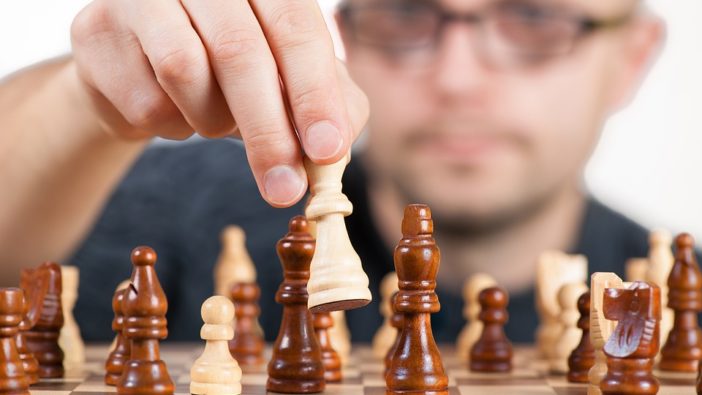
What’s the Recipe For a Good Escape Game?
Joining your first ever escape room can be an exhilarating experience. Not only have you become the main protagonist in an adventure game, just like all the old movies, but you are now an essential part of a team; working together to make sure that you get out of the room with time to spare.
It can make you panic, stress out, but overall give a thrill that nothing else could fill. A lot of time and effort goes into making a good escape game, thus if you want to make one yourself, it is important to know what you are getting yourself into. Here are some ideas of how to get started.
Understand your Audience
Whilst you are making the puzzles and plot for your escape room, remember that there are some things that are reserved for adults, whilst other plots that may be reserved for a family or younger audience. Your hosts will need to understand what sort of audience they will be guiding around, so be sure to make your game appropriate to the correct age range. You don’t want a horror dungeon plot scaring the children before they even enter the room!
The Main Storyline
It is important to think of a theme that you want your escape room to embody. A realistic plot makes it a fun plot, thus when you are thinking of your inspiration then look into stories that can fit together effectively. One escape room in Arizona boasts a horror story theme, the twist? You are stuck at work and cannot leave. That makes the story stick in your mind; it’s simple and it stands out. However, you can go for darker themes, such as the disappearance of a hero, a fantasy in the jungle, or a historical vampiric mystery in Victorian London.
Once you have chosen your theme, then the plot will need to stick. Whilst it may be easier to think of a plot for simply escaping an Egyptian Pyramid, as you were only after the treasure, if your escape room is centred around the disappearance of someone or a twist in the time stream, then you will need to round it off before your guests leave the escape room. Think of the Escape Room as a fun book, it needs to have a start and an ending. The puzzles in between will simply make the main meat of the book.
Understanding the Physical vs, the Mental
Whilst you can have a mixture of both physical and mental puzzles in your escape room, you do not want your audience to be intimidated by the extent of the challenge within the room. Look at your environment.
If your escape room is to be focused mainly on one area, for instance escaping from a library, you may want the puzzle to be more logical and puzzle based, whilst if you are trying to have an escape room reflecting the old TV show The Crystal Maze, you may want the rooms to be bigger and the puzzles to incorporate physical challenges, like balancing on planks and reaching for keys.
Offer Guidance when needed
An Escape Room works on the feelings of satisfaction when a puzzle has been solved and the participants can either move onto the next level or escape. However, if a group of people have been left on a room or puzzle for too long then this can cause them feelings of frustration and, even worse, boredom. The last thing you want is the group to start arguing, thus you need to offer help when it is needed.
A good idea would be to offer points to the group that can be transferred into clue points. The more you earn, perhaps through smaller challenges at the start of the game, the more help you could receive in the main challenge. Try and keep your groups moving through the game a smoothly as you can, any awkward pauses could end in bickering for the group and an unpleasant game experience.
Keep your hosts updated
Not only are your hosts characters within your game, but they are the first face that any of the groups will meet when they enter. Starting the game with a bad debriefing or the host sounding bored or unsure, can spoil the experience for the participants who won’t understand how to progress.
Make sure that whenever a new game is introduced that your hosts understand every part of the game, from telling your guests how to play, any props or games that may need setting up, to character and storyline, and even to how to reset the traps and rooms when the game is over. If your host is having fun guiding the game players around or giving them hints, then you know that your puzzles are being effective.